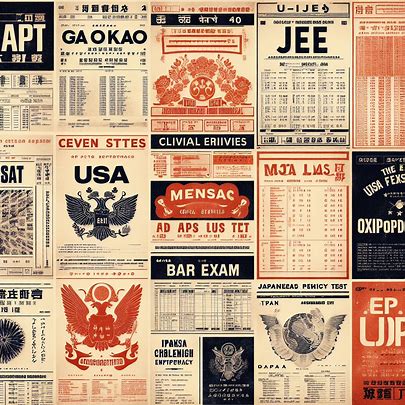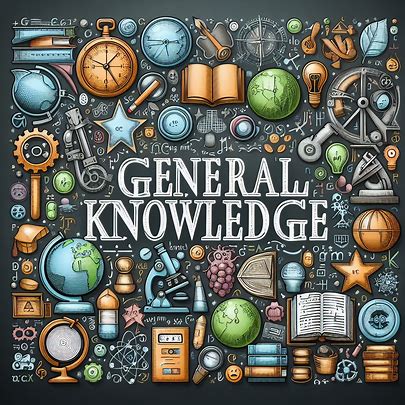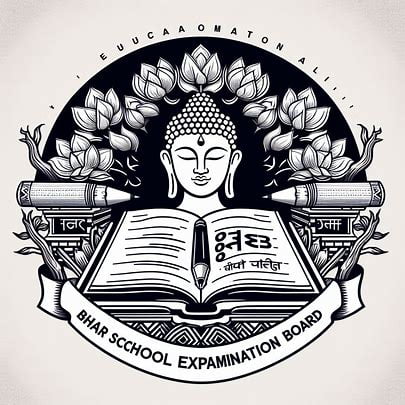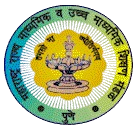UPSC CSE 2025 – General Summary
Every year, the Union Public Service Commission (UPSC) holds the UPSC Civil Services Examination (CSE)- one of the toughest tests in the country for admission into esteemed posts like Indian Foreign Service (IFS), Indian Administrative Service (IAS), and Indian Police Service (IPS), among other Group A and B services. The examination is made up of three parts; namely, prelims, mains, and personality test.
“Key Dates”
- January 22, 2025: Notification Release
- January 22, 2025 to February 21, 2025 (up to 6:00 PM): Application Date
- February 22, 2025 to February 28, 2025: Correction window open
- May 25, 2025: Prelims exam
- June 14, (approximately): Result of Prelims
- Examination Day: 22nd August 2025 (It will run for five days)
- Submission of DAF-I: 16 June 2025 to 25 June 2025 (6 PM)
- Interview dates after declaration of Mains result: To be notified later
- Admit cards Release scheduled
- Prelims- May 13, 2025
- Mains- Second week of August 2025 (Expected)
“Vacancies”
- Total: 1,129 vacancies
- CSE: 979 vacancies
- Indian Forest Service (IFS): 150 vacancies
“Eligibility Criteria”
- Age Limit: 21–32 years as on 1st August 2025. That is, a candidate must have been born not earlier than 2nd August 1993 and not later than 1st August 2004 with30 years being the maximum for the OBC and SC/ST.
- Educational Qualification: A candidate must have at least These are as follows: (a) the (b) a (c) an (d) an (e) an (f) an (g)
- Nationality: Indian citizen. Conversely, “A foreign national (other than a citizen of Nepal, Bhutan, or a Tibetan refugee who came over to India before January 1, 1962, with the intention of permanently settling in India) shall be eligible for appointment if all other conditions are satisfied. Other services might grant eligibility to other non-citizens
- Other things remaining the same, a Frenchman is not eligible.
- Attempts: General: 6, OBC: 9, SC/ST: Unlimited (up to age limit).
EXAM Pattern
Prelims (Objective, 400 marks):
- P1 (200 marks) – Historical events of Indian national movement, geography of world.
- P2 (200 marks) – English comprehension, reasoning skills and numerical abilities (qualifying, 33% minimum).
- Every wrong question charges 0.33 marks.
- Main exam eligibility is dependent on P1 scores.
Mains (Descriptive, 1750 marks):
- 350 marks for qualifying papers in 2 qualifying languages including English and one Indian language.
- 450 marks for 6 papers in 4 GS subjects.
- 500 marks for 2 optional subject papers including one literature.
- The List includes subject areas like literature, history, geography, public administration etc.
- The test is organized for 5 days.
- Interview (Personality test, 275 marks):
- Aims at checking civil skills.
- Final mark = Mains (1750) + Interview (275) = 2025 marks.
- Syllabus Highlights
Prelims:
- GS1: Indian heritage, art and culture history and geography world.
- CSAT II: Problem solving, data analysis and interpretation of the facts.
Mains:
- GS1: Culture of India and world, society, geography.
- GS2: Polity, governance, constitution, international relations.
- GS3: Economy, science and technology, agriculture, biodiversity and disaster management.
- GS4: Human values and ethics.
- Essay: Any contemporary or abstract topic.
- Qualifying papers: Comprehension, précis writing, translation.
Application Process
Website: upsc.gov.in or upsconline.gov.in
Steps:
- Registration on One Time Registration(OTR) portal.
- Please fill in Part I (personal, educational details) and Part II (exam center, photo, signature, ID proof).
- You are required to pay fee: ₹100 (General/OBC/EWS), exempt for SC/ST/PwBD/Females.
- Upload documents on or before 21st February 2025.
Note: Candidates must bring hard copy of Admit Card to the Examination Hall. No soft copy shall be entertained for Admission to the Examination Hall.
I. Preparing for UPSC CSE
- Create a timetable on what to study per day from the syllabus.
- Concentrate on NCERTs, Laxmikanth’s Polity, Spectrum’s History, etc.
- Keep updated on newspapers (e.g. ‘The Hindu’) and Yojana, Kurukshetra, etc.
- Start taking mock tests for Prelims and Mains answer writing practices now.
- Avoid pouring over lot of resources; follow trusted sources only.
- Previous years’ analysis.
Results and Updates
- Result of Prelims announced on July 11th, 2025 through a PDF having roll numbers at upsc.gov.in.
- Mains DAF- I is mandatory for the candidates who qualify in Prelims.
- Last year result example (2024): AIR 1 is secured by Shakti Dubey.
- Visit UPSC official website for mark sheets, cut-offs, and top scorers list.
Other Points
May 15, 2025– UPSC Calendar 2026 Released; May 24, 2026: Prelims 2026; From August 21 Mains.
Social Media Sentiment: Speculations about X are seen, however nothing concrete has emerged to disabuse this standpoint like in the case of issue.
Only correct details are available from upsc.gov.in.








